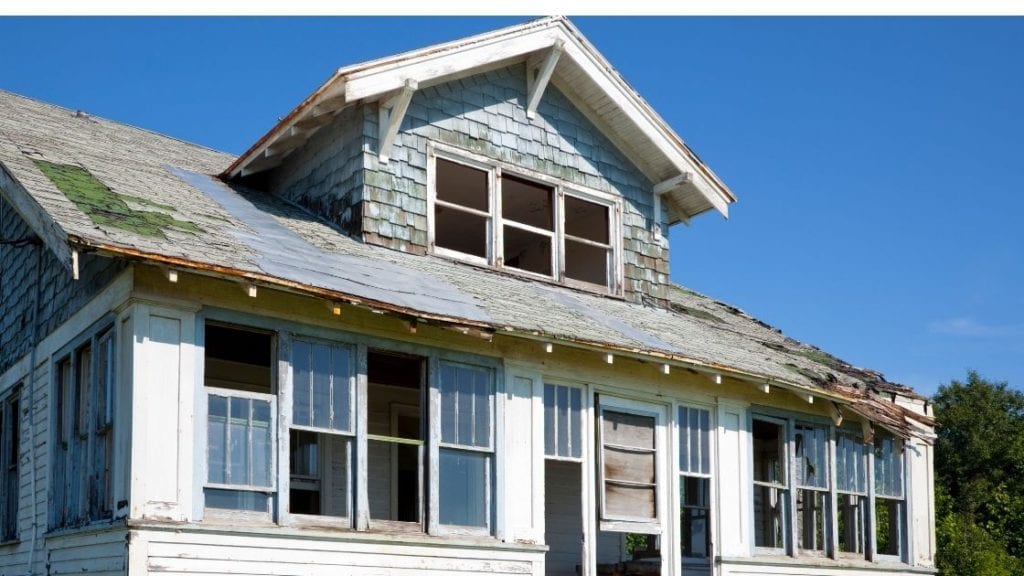Should You Ever Buy a Home That Needs Major Repairs?
If you’re not buying a new construction home, it’s no surprise when the home inspection report comes back with a few minor issues to consider. However, the report might also reveal something much worse about the house you were going to buy. If you can’t decide whether to move forward with a purchase after a bad home inspection, ask yourself these questions to help make up your mind.

How expensive is the issue?
When you’re in the market for a new home, cost is one of the biggest factors to consider. If there are major issues with a home you had your eye on, your real estate agent can help you understand whether it’s worth it to move forward from a monetary perspective. You can also do some research on your own to understand what renovations are actually worth doing.
Some repairs won’t set you back too far, but others can easily cost thousands of dollars. A bad roof is one of the more common issues, and also among the most expensive. According to Home Advisor, reroofing a house costs an average of $7,889. However, costs can vary significantly based on the size and style of your roof, as well as local code requirements and the materials you choose for the project. On the high end, you could pay upwards of $45,000 to do the job. Either way, you’ll spend about 40 percent of your budget on materials and the rest on labor.
If you anticipate paying for major repairs, you should account for it in your house buying budget. Don’t forget that there are also government programs such as the FHA 203(k) loan, which may allow you to finance repair costs along with the mortgage.
Who will cover the repairs?
When a home inspection report reveals major issues, you can usually do one of three things. First, just walk away from the sale and find something that’s closer to move-in ready. Second, negotiate for a price reduction so you can take care of the repairs after you move in. Or third, ask the seller to cover the repairs as part of the deal, provided that your purchase offer has a home inspection contingency. The Balance explains that sellers can pay for repairs in several different ways, such as prepaying a contractor or providing a lump sum at closing.
Things can obviously be pretty complicated, and thus home buyers often find it helpful to hire a real estate attorney to help with their negotiations. If this becomes necessary, expect to pay an hourly rate of $150 to $350, or a flat fee of $500 to $1,500.
How long will repairs take?
When a home isn’t in great condition, you might not want to move in until the repairs are completed. If you’re on a tight deadline to move, this alone can be the deciding factor. The scope of a repair project will determine how long it takes, but many different factors can affect your renovation timeline. If you have a limited amount of time, keep in mind that not all repairs need to be completed before you move in. Living in the home while repairs are going on is sometimes just an inconvenience rather than a safety concern.
Is there more than one issue?
In some cases, a home will have multiple serious problems. This is especially true if the house sustained damage from a natural disaster such as a fire or flood. In these situations, it would be rare for only one thing to go wrong with the home. After a fire, for example, a home might have issues in just about every area imaginable. A fire damaged home might sell for a steal, but you have to be prepared for a complete overhaul in many cases.
Overall, what counts as a bad home inspection ultimately depends on your perception. Even if a home fails an inspection for a major issue, it doesn’t necessarily mean you need to walk away from a good deal. Many issues can be remedied, and if you take the right approach, you won’t get stuck paying for more than what you’re getting.



